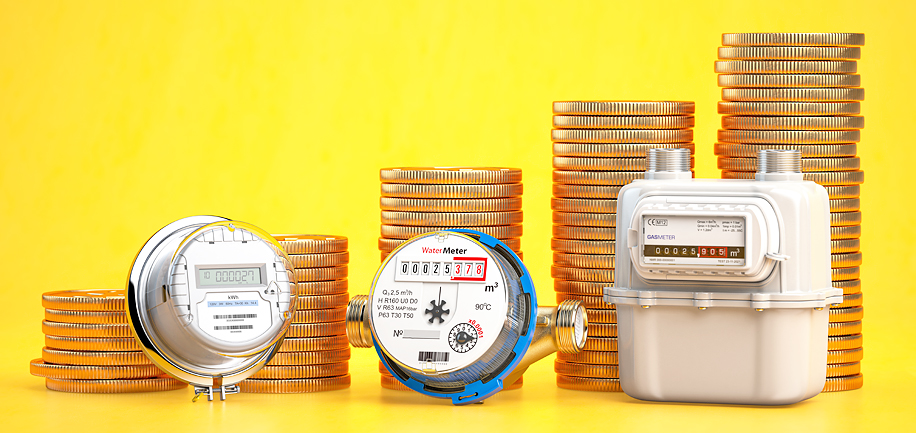The implementation of the smart metering system, which integrates water and electric bills for Bruneian households, may seem to produce numerous benefits to society, such as allowing the public to pay bills through apps and reducing utilities debt owed to the government.
I believe there are major concerns that need to be addressed first.
What if the village water system gets disrupted, as it usually does now and then, causing a jolt in the smart metering system, leading to the depletion of the user’s credits? Would this bring inconvenience to those looking for refunds from the authorities?
What if the system shuts down in the event of an unexpected software glitch or outage?
Would the outage not cut off thousands of households’ electrical and water supplies, bringing drastic discomfort to the portion of the population?
Furthermore, how would the new system affect the livelihoods of thousands of low-income individuals already living in poverty? Should they fail to pay their bills, owing to their socio-economic status, would they have to beg on social media for help? Would we see a future where it is common to see dozens of houses in poorer areas without lights at night and their residents begging for candles and water from neighbours?
The intent behind implementing a smart metering system is good. But it may create a lot of unintended consequences to the public, unless the issues are mitigated properly. It also makes me wonder if the new multi-million-dollar system is truly necessary when the existing ones are working fine.
Inquiring Public









